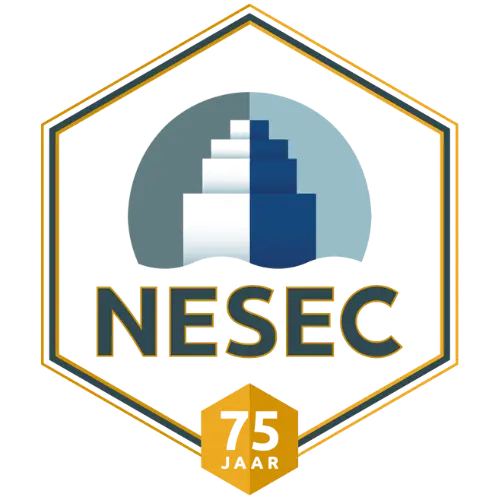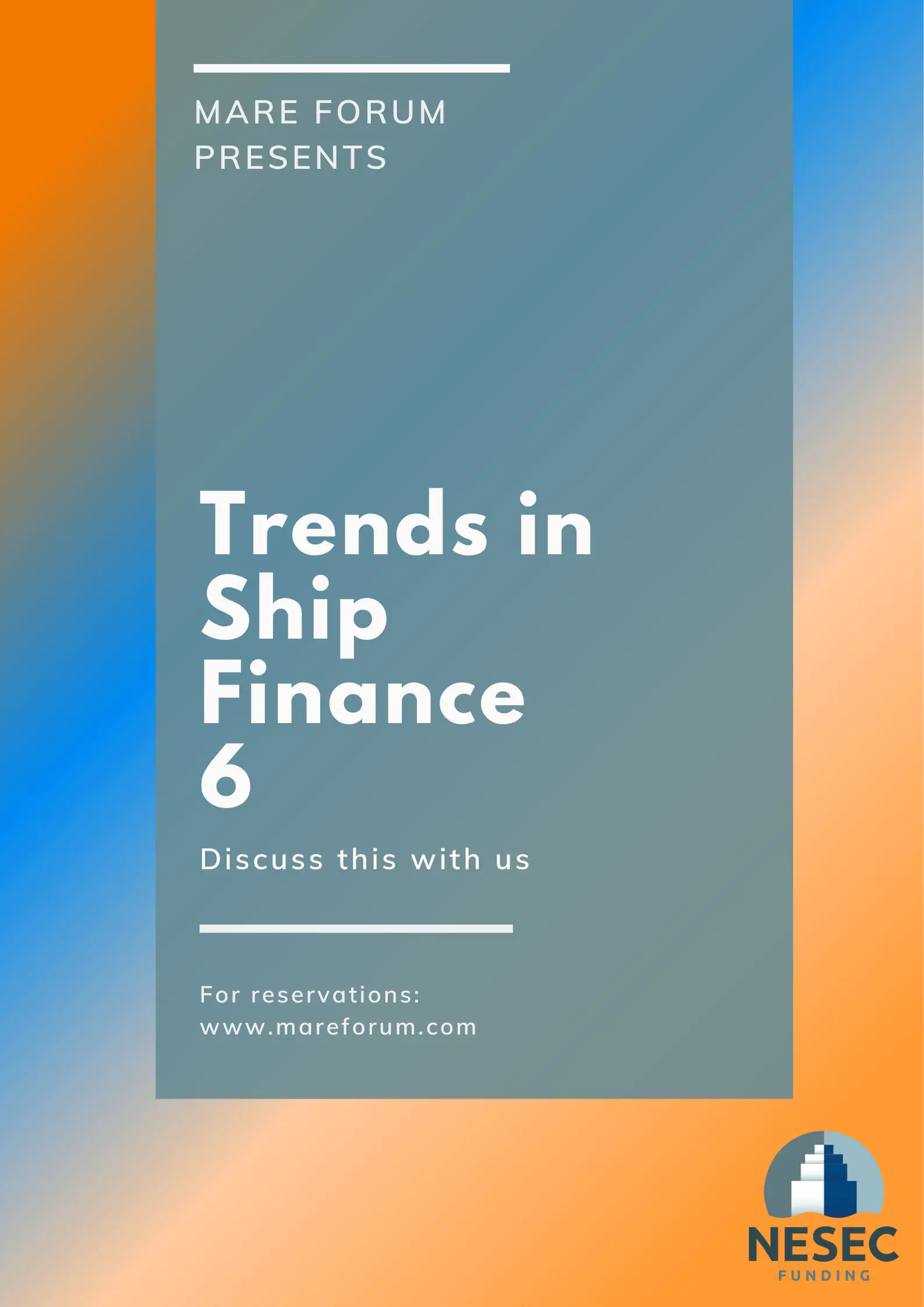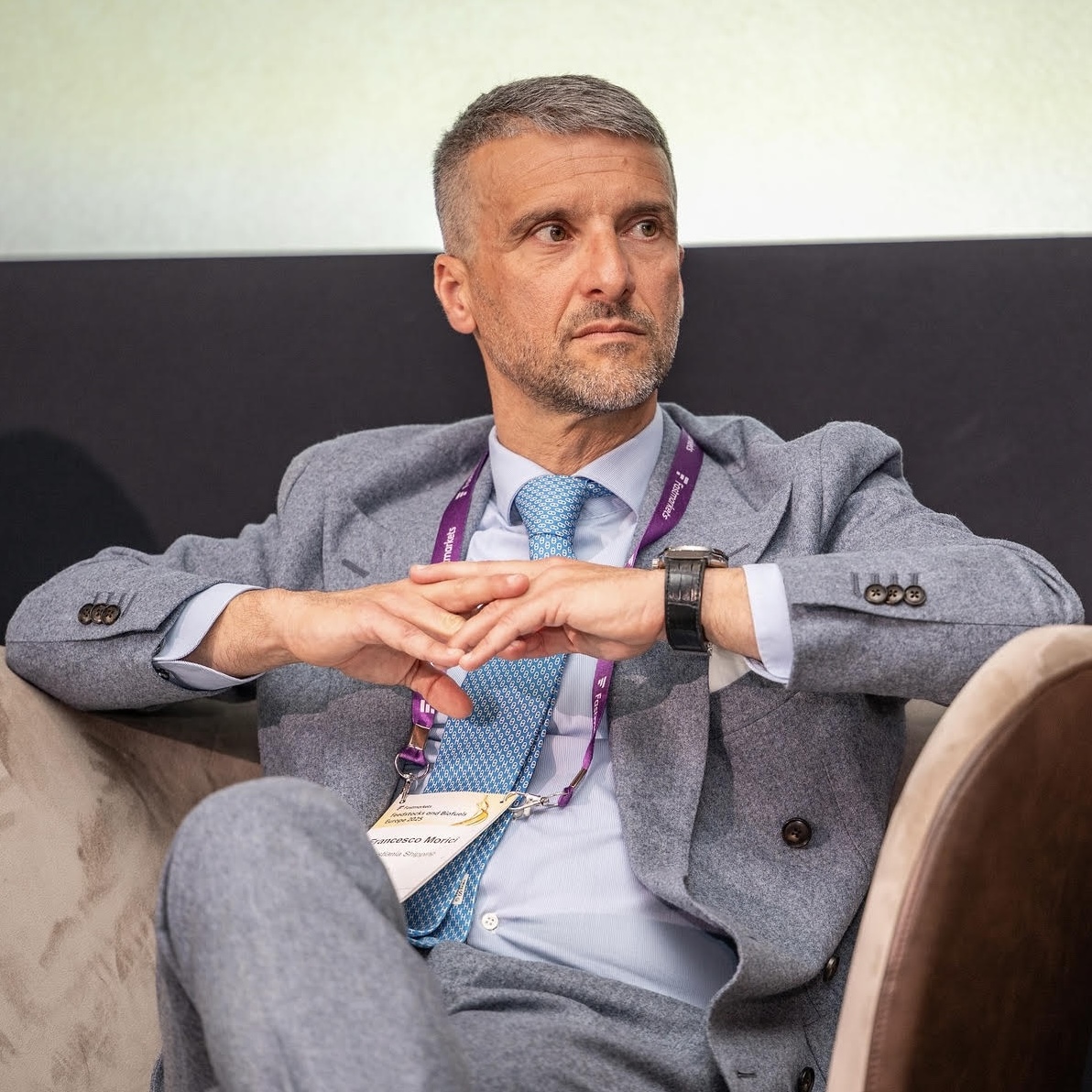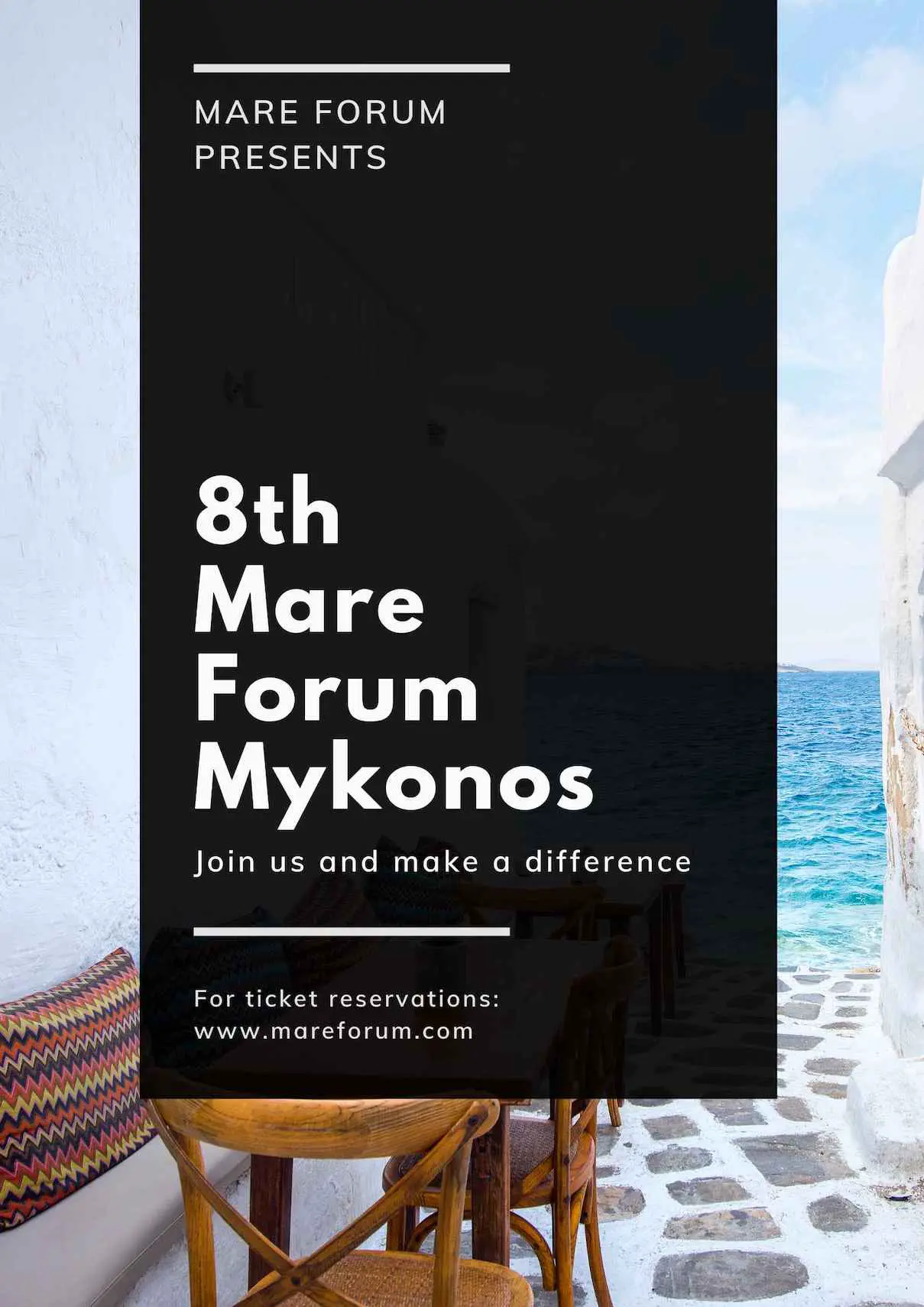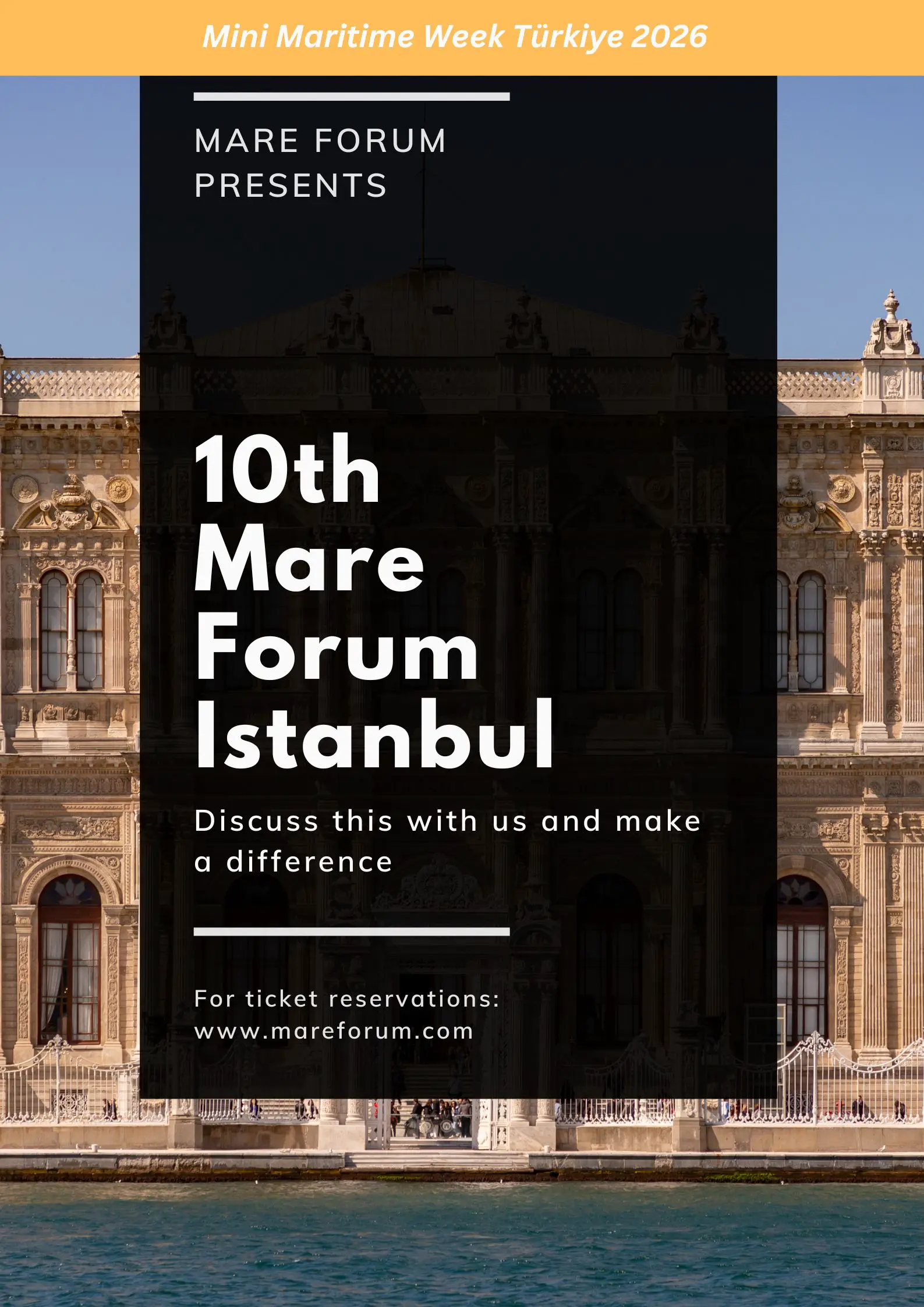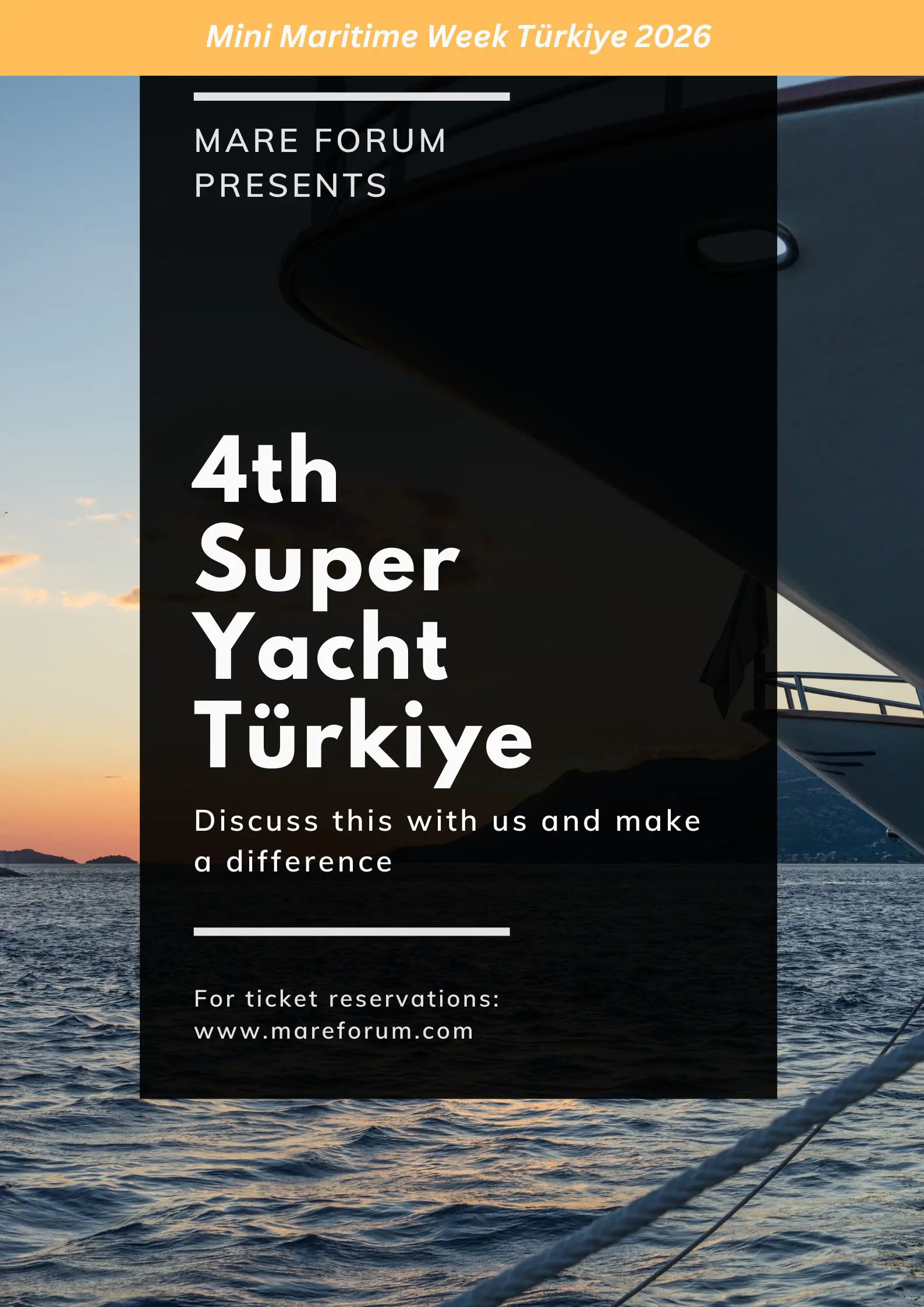Our panel, consisting of leading Capital Providers, Shipowners and Services Providers, will guide you through a web of questions about the trends, practices and opportunities of (alternative) ship financing.
There are no dull company presentations or lengthy, predictable speeches at MARE FORUM conferences and online round table discussions.
Instead, we foster an environment of dynamic and lively discussions where the panellists and audience participants engage in meaningful exchanges.
THE PANELLISTS:
The Final list of panellists will be published soon.
- Pieter van der Burg Managing Director, NESEC Ship Finance
- Robert Wester Director, Carisbrooke Shipping Ltd
- Francesco Morici Chartering Manager, Christiania Shipping
- Fabrizio Vettosi Chairman, Ship Finance Working Group of European Shipowners (ECSA) | and Managing Director, VSL Club SpA Investment & Advisory
- Peter Molloy Managing Director, Sea3R
- Dagfinn. Lunde, Chairman, eShipfinance.com
- More panellists to be announced. Stay-tuned
THE DISCUSSION THEMES:
1. Credit Capacity
What is the current state of credit availability for deep-sea shipping vs short-sea shipping?
What are shipowners asking for today — and are finance providers aligned?
How do banks and financial institutions evaluate risk differently in these two sectors?
What do banks, institutions, and alt-financiers see as the investment case for short sea?
What role do evolving environmental regulations play in shaping credit assessment?
2. Pricing
What are the determining factors in pricing shipping loans today—asset class, emissions profile, counterparty, or geopolitical exposure?
3. Zero-Emission Trajectory
Are current zero-emission targets realistic considering vessel lifespans and financing limits?
What are the biggest bottlenecks—technology, finance, regulation, or infrastructure?
What are the practical short-term strategies while waiting for zero-carbon vessels to mature?
Could a two-speed industry emerge: first movers and laggards?
4. Public Support and Infrastructure Parity
Are there sufficient public incentives to accelerate fleet renewal and zero-emission infrastructure?
How can governments balance parity between land transport, aviation, and shipping support?
Can short sea shipping be recognized as core infrastructure, like roads or rail?
What is the role of the EU, national governments, EIB, and MDBs in scaling finance access?
How can policymakers and institutions boost investor confidence in this market?
What should the EU prioritise to ensure fair competition and robust supply chain efficiencies?
5. The Future of Private Credit
Will private credit (alternative finance) become the dominant source of capital in shipping?
Is alternative capital (PE, infra funds, leasing, fintech) truly interested in short sea shipping?
How do private credit funds compare to traditional banks in structuring deals?
What’s gaining traction: newbuilds or retrofits/second-hand investments?
Are banks competing or collaborating with alt-financiers in this segment?
How can risk be shared between shipowners, financiers, charterers, and tech providers?
Are we moving towards more project finance models (linked to specific ships and charters)?
6. Geopolitical Scrutiny
How do geopolitical risks (trade wars, sanctions, regional instability) affect access to credit and investor appetite?
Is geopolitical alignment becoming as critical as financial creditworthiness?
How is shipping adapting to higher regulatory scrutiny of financing sources?
Rest assured, the Mare Forum Trends in Ship Finance online roundtable will be an inspiring and enriching experience.
We are excited to see you participate.
Speakers & Panelists
Project Partner(s)
